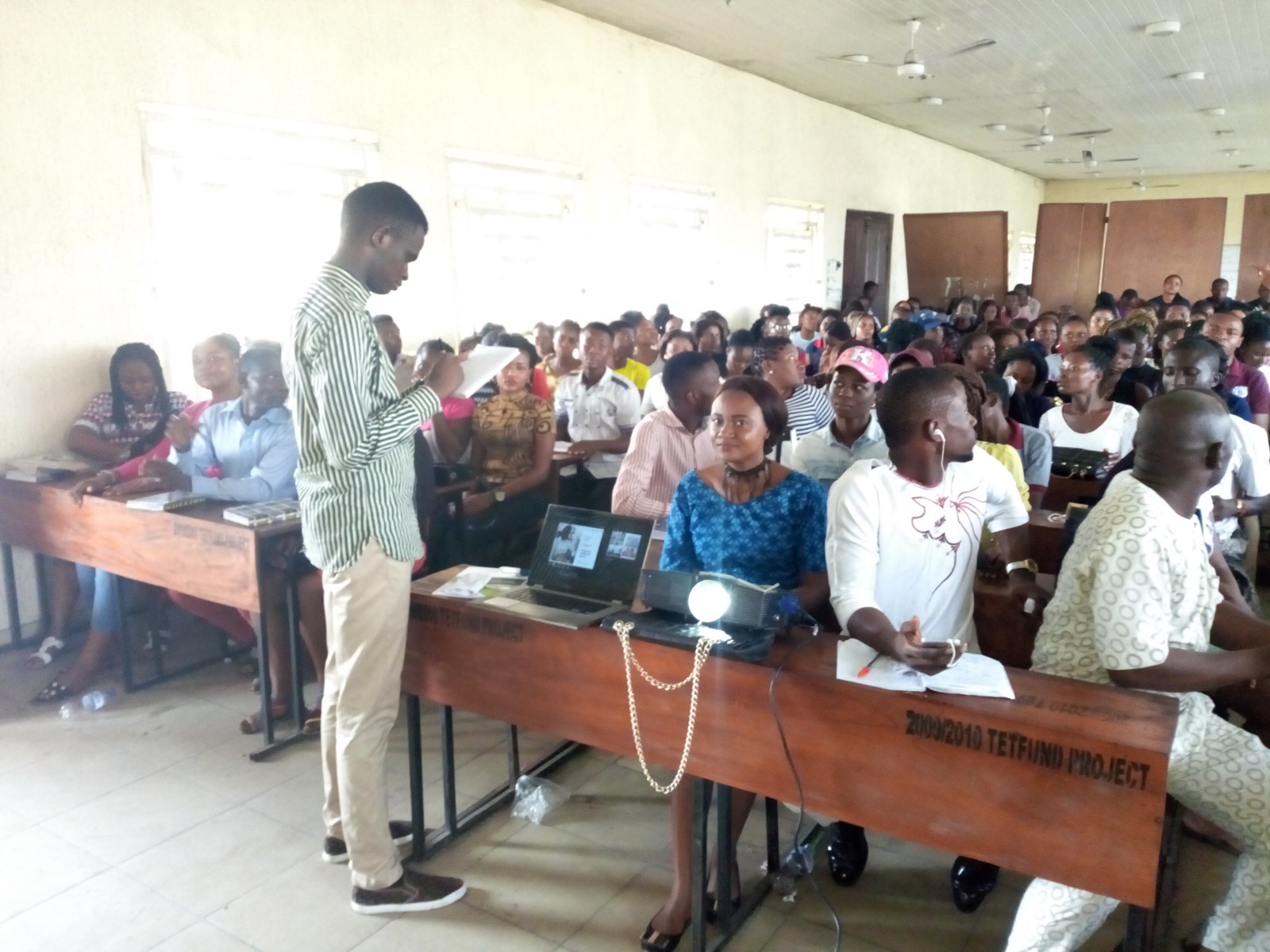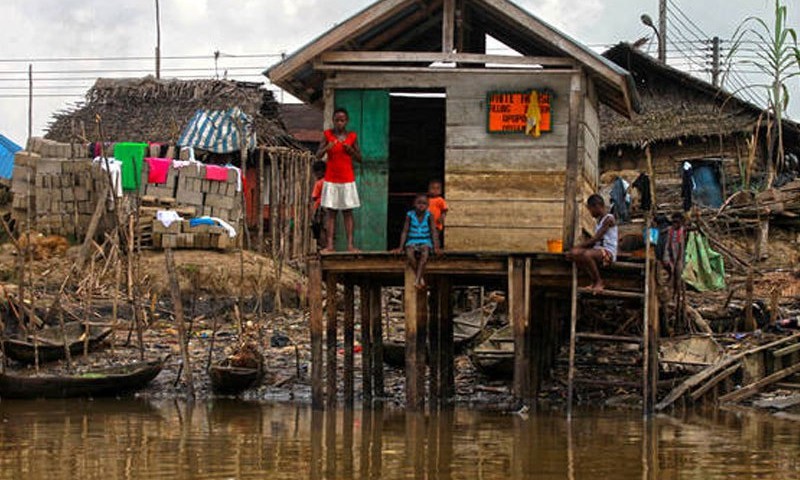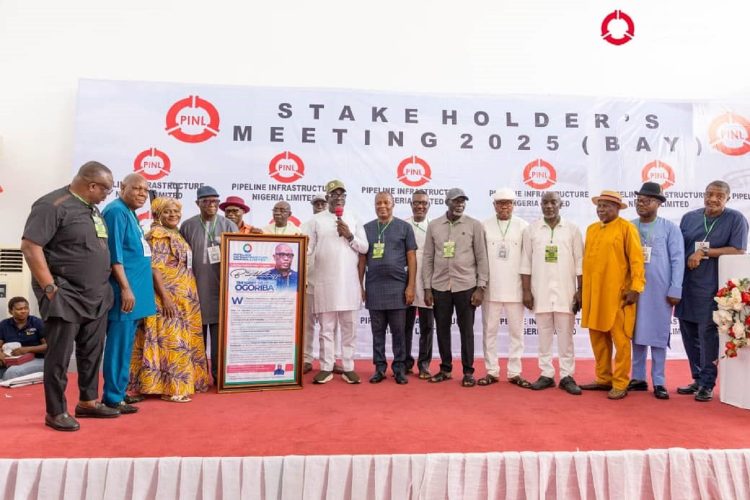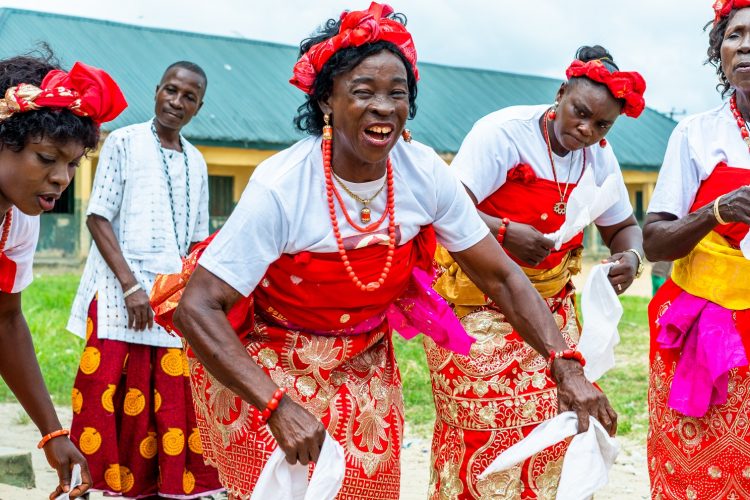
Ebenezar Wikina: What I Learned from Lecturing (Part I)
February 4, 2018
PIND and UniPort Partner to Mitigate Conflict in the Niger Delta Through Learning and Research
February 8, 2018
By Ogadinma Iroka
As one of the concepts in the study of culture, culture resilience, x-rays the way, elements of a peoples culture, last overtime amidst significant socio-cultural changes. Culture resilience can be positive when it preserves the rich heritage of a people; It can as well take a negative form, when a people, amidst positive socio-cultural changes, hold on to certain practices that negate human advancement – even to their own detriment. This seems the case with river-based open defecation in riverine communities in Nigeria, particularly in the Niger Delta region.
To understand this cultural phenomenon, towards possible water, sanitation & hygiene (WASH) development intervention, a participatory action research would suffice – to find out the factors that are sustaining this practice and the meaning and interpretation the people place on the practice – in the context of development – particularly in-line the UN Sustainable Development Goals (SDGs) Goal6 – which is to ensure availability and sustainable management of water and sanitation for all.
The communal river based open defecation takes the form of (shanty-like) wooden latrines, situated on rivers, where people defecate directly into the rivers. This practice ironically is taking place amidst construction of modern houses which have or ought to have toilet facilities. Cultural Resilience of this nature poses developmental challenges with implication to water and sanitation and public health – as most of the rivers that host these community latrines, also serve as part of sources of water for domestic uses.
______
Have you also read;
Nkasi Wodu: How Armed Militants in Nigeria’s South gain access to power and wealth
Ebenezar Wikina: What I Learned from Lecturing (Part I)
______
Open defecation is associated with an outbreak of a disease like cholera. According to reports, a cholera outbreak in Bayelsa State killed 36 persons between January and February 2015, while most of the victims were from rural riverine communities. The communal practice of river-based open defecation might as well be posing some kind of gender-related challenges to girls and women. It is against this background, a participatory action research would shade scientific (investigative) lights on this practice – to provide an in-depth understanding of the factors – as structures that are sustaining the practice – for possible development (community mobilization) intervention.
As such, the following research questions would guide a possible a participatory action research in would-be (most affected) riverine communities.
- To what extent, does the riverine environment, pose a challenge to construction of toilet facilities among households in rural riverine communities?
- Beside construction cost of modern toilet facilities, what other (socio-cultural structures) factors that account for persistent preference for river-based open defecation among the people?
- What are the perceptions of the people on this practice – in the context of development?
- And to what extent, does the communal practice, pose gender-related challenges to girls and women in the communities, and what dimensions and forms do these possible challenges takes?
Expectedly, an investigation guided by the above research questions would provide programmatic actionable information for development partners and stockholders, that may want to change the river based open defecation situation in the Niger Delta – towards promoting and achieving the UN SDGs goal 6 in the region.
__________
Ogadinma Iroka is a Sociologist and Development Practitioner. You can reach him on:ogadinmairoka@gmail.com.
Ogadinma is an NDLink contributor and is provided with a platform to share his stories with the world. Want to contribute on NDLink?
Image Credit: THISDAY









